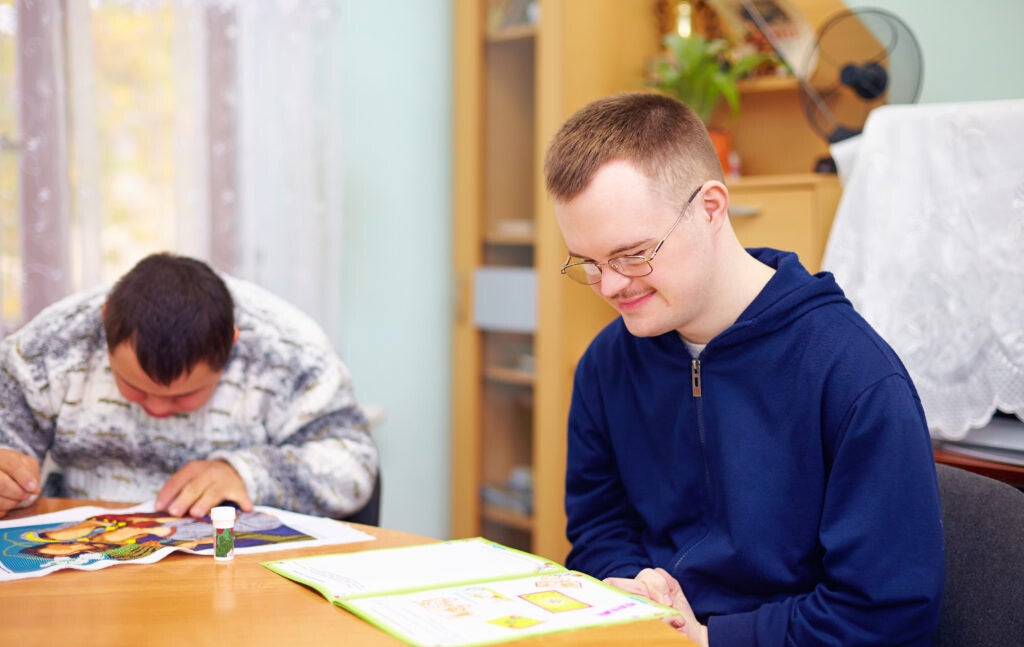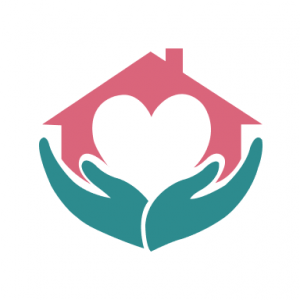Essex Care Home Ltd
Autisim

At Essex Care Home Ltd Supported Living Service, we understand the unique challenges and strengths of individuals with Autism Spectrum Disorder (ASD). Our services are designed to cater to the specific needs of each resident, fostering an environment that promotes independence, personal growth, and overall well-being. Below are the detailed and specialised services we offer:
Personalised Care Plans
- Comprehensive Assessments: Our team conducts thorough assessments to understand each resident’s specific ASD traits, including sensory sensitivities, communication preferences, and behavioural patterns. This involves collaboration with healthcare professionals, family members, and the residents themselves.
- Customised Support Plans: Based on these assessments, we develop individualised support plans that outline the specific strategies and interventions needed to support each resident effectively. These plans are regularly reviewed and adjusted to ensure they meet the evolving needs of the residents.
Essex Care Home
Supported Living Service
We're Helping Everyone
See Our Facilities
Daily Living Support
- Personal Care: Assistance with daily activities such as bathing, dressing, grooming, and toileting, provided with sensitivity to each resident’s preferences and sensory needs. For example, we use unscented products for those with olfactory sensitivities.
- Routine and Structure: We help establish and maintain consistent daily routines, which are crucial for individuals with ASD. Visual schedules and clear, step-by-step instructions are used to reduce anxiety and provide predictability.
Health and Well-being
- Medication Management: Our staff ensures proper adherence to medication regimens, managing dosages and schedules in close coordination with healthcare providers.
- Regular Health Monitoring: We continuously monitor health conditions, conduct regular check-ups, and provide prompt responses to medical needs or emergencies.
- Therapeutic Services: Access to on-site occupational, speech, and behavioural therapy to support the development of skills and enhance quality of life. Therapists work on goals such as improving fine motor skills, enhancing communication abilities, and reducing repetitive behaviours.
Sensory and Environmental Adaptations
- Sensory-Friendly Environments: We create sensory-friendly spaces tailored to the needs of residents with ASD. This includes quiet rooms with soft lighting, noise-canceling headphones, and sensory toys.
- Specialised Equipment: In collaboration with multidisciplinary teams, we obtain necessary equipment such as sensory integration tools, weighted blankets, and adaptive communication devices to support residents' sensory and communication needs.
Social and Recreational Activities
- Structured Activities: We offer a variety of structured activities that cater to the interests and abilities of residents. Activities are designed to promote engagement while being mindful of sensory sensitivities and social challenges.
- Community Engagement: We facilitate participation in community events and activities, providing support to help residents navigate social situations and build meaningful connections.
Communication Support
- Alternative Communication Methods: We provide tools and training for non-verbal communication, such as Picture Exchange Communication System (PECS), communication boards, and speech-generating devices.
- Social Skills Training: Our programs help residents develop and enhance social communication skills. Role-playing, social stories, and group activities are used to teach and practice these skills in a supportive environment.
Social Communication and Interaction Skills
Social communication and interaction skills can be challenging for people with ASD. Some common characteristics include:
- Avoiding or not maintaining eye contact
- Not responding to their name
- Lack of facial expressions such as happy, sad, angry, or surprised
- Not engaging in simple interactive games like pat-a-cake
- Using few or no gestures (e.g., not waving goodbye)
- Not sharing interests with others (e.g., showing an object they like)
- Not pointing to show something interesting
- Not noticing when others are hurt or upset
- Not joining other children in play
- Not pretending to be someone else during play (e.g., a teacher or superhero)
- Not singing, dancing, or acting for others
Restricted or Repetitive Behaviours or Interests
People with ASD may have behaviours or interests that appear unusual, which distinguish ASD from other conditions that involve only social communication and interaction issues. Examples include:
- Lining up toys or objects and getting upset if the order changes
- Repeating words or phrases (echolalia)
- Playing with toys in the same way every time
- Focusing on parts of objects (e.g., wheels)
- Getting upset by minor changes
- Having obsessive interests
- Following strict routines
- Flapping hands, rocking the body, or spinning in circles
- Having unusual reactions to the way things sound, smell, taste, look, or feel
Other Characteristics
Many individuals with ASD also exhibit other related characteristics, such as:
- Delayed language skills
- Delayed movement skills
- Delayed cognitive or learning skills
- Hyperactive, impulsive, and/or inattentive behaviour
- Epilepsy or seizure disorders
- Unusual eating and sleeping habits
- Gastrointestinal issues (e.g., constipation)
- Unusual mood or emotional reactions
- Anxiety, stress, or excessive worry
- A lack of fear or more fear than expected
Emotional and behavioural Support
- Counseling Services: Access to professional counseling and mental health support to address emotional and psychological needs. This includes individual therapy tailored to the unique experiences of individuals with ASD.
- behavioural Interventions: We implement positive behavioural support strategies to manage challenging behaviours. Functional behaviour assessments (FBA) are conducted to understand the root causes of behaviours, and individualised behaviour intervention plans (BIPs) are created to promote positive behaviour change.
Family and Caregiver Involvement
- Collaborative Care: We actively involve family members and Support Workers in the care planning process, ensuring open communication and shared decision-making. Regular family meetings and updates are provided.
24/7 Support
- Continuous Care: Our dedicated team provides round-the-clock supervision and support, ensuring residents have access to assistance whenever needed.
- Emergency Response: Our facility is equipped with emergency response systems to provide prompt and efficient responses to any urgent situations.
At Essex Care Home Ltd Supported Living Service, we are committed to creating a nurturing and supportive environment for individuals with Autism Spectrum Disorder, empowering them to achieve their fullest potential.
Frequently Asked Questions About Autism Care
What is autism?
Autism, or Autism Spectrum Disorder (ASD), is a developmental disorder characterized by difficulties with social interaction, communication, and restricted or repetitive behaviors. The symptoms and severity can vary widely among individuals.
What are the signs of autism?
Common signs include:
- Difficulty with social interactions (e.g., avoiding eye contact, trouble understanding social cues)
- Challenges with communication (e.g., delayed speech development, echolalia)
- Repetitive behaviors (e.g., hand-flapping, lining up toys)
- Intense interests in specific topics or activities
- Sensory sensitivities (e.g., overreacting to sounds, lights, textures)
What causes autism?
The exact cause of autism is unknown, but it is believed to result from a combination of genetic and environmental factors. Research indicates that genetics play a significant role, and certain environmental influences may increase the risk.
How is autism diagnosed?
Diagnosis involves comprehensive evaluations by professionals, including developmental screenings, behavioral assessments, and standardized tests. A team of specialists, such as pediatricians, neurologists, psychologists, and speech therapists, typically conducts the evaluation.
What treatments are available for autism?
While there is no cure for autism, various treatments can help manage symptoms. These include:
- Behavioral Therapy: Applied Behavior Analysis (ABA), pivotal response treatment, and others.
- Speech Therapy: Helps with communication skills.
- Occupational Therapy: Assists with daily living skills and sensory integration.
- Medications: Can help manage associated symptoms like anxiety, depression, or hyperactivity.


